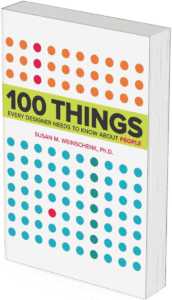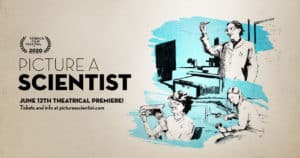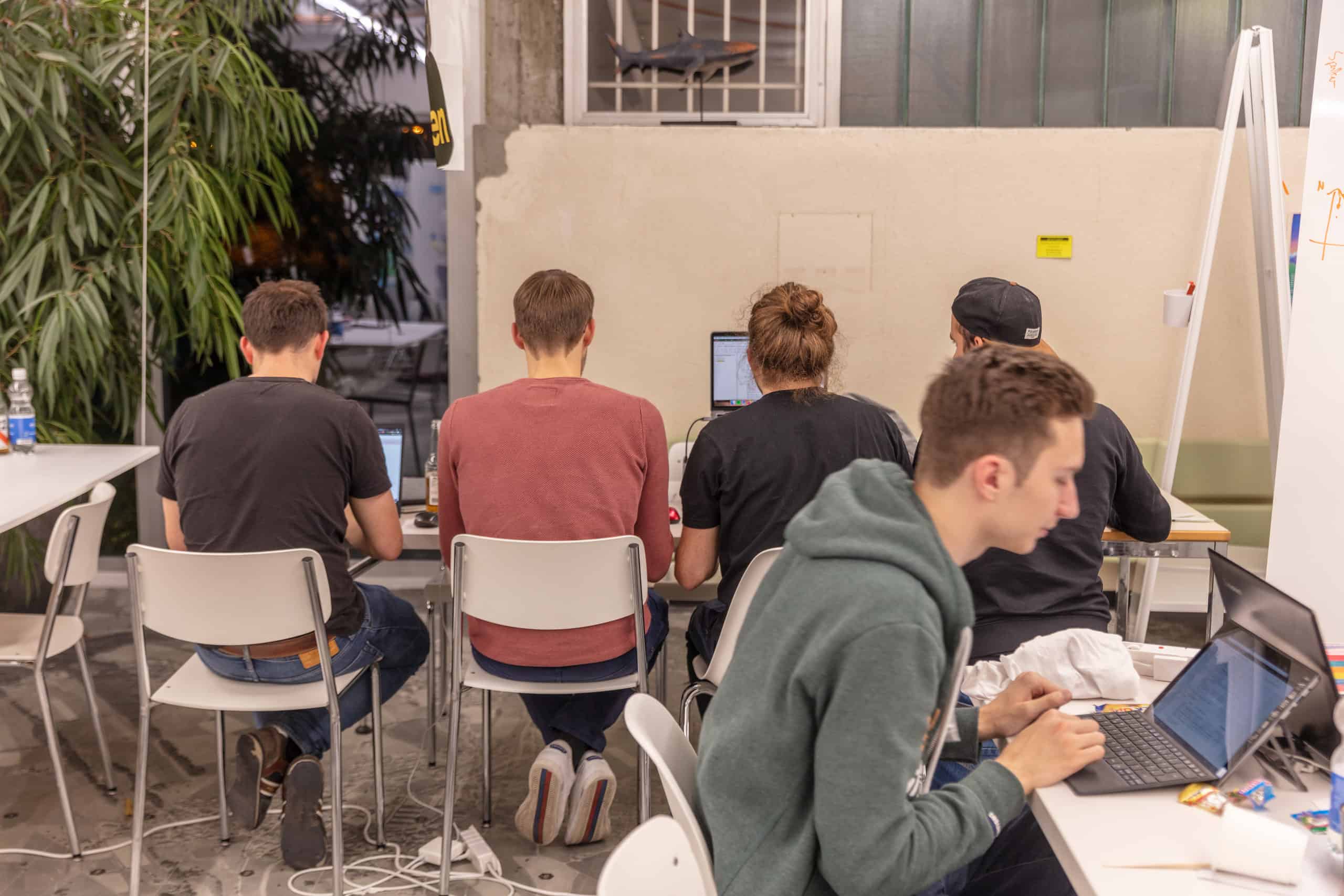“Queer Techné: Bodies, Rhetorics, and Desire in the History of Computing” delves into the intertwining narratives of gay, queer, and feminist communities that played pivotal roles in the early advancements of computer science. Patricia Fancher, drawing inspiration from an exhibit by artist Henrik Olesen, embarks on a journey to explore the life and work of Alan Turing and his circle of collaborators. Through meticulous research and a blend of media, tech, feminist, and queer theory, Fancher unveils Turing’s groundbreaking contributions to computing within the context of his intimate network of women and queer compatriots.
Fancher’s narrative reveals Turing not merely as a solitary genius, but as a figure deeply embedded in a supportive community of mathematicians and computer scientists, many of whom were queer. This community, which also encompassed remarkable women like Cicely Popplewell, played a crucial role in nurturing and sustaining Turing’s innovations in digital computers and artificial intelligence. By threading together Turing’s life and work, Fancher illuminates the profound interplay between performance and authenticity, creativity and science, and human and machine.
Through “Queer Techné,” Fancher not only sheds light on the technical achievements of Turing and his peers but also unveils the often overlooked contributions of women and queer individuals in the history of computing. Her work challenges conventional narratives of male dominance and heteronormativity in STEM fields, offering a fresh perspective on the vibrant presence of queer feminist communities within these disciplines. With intimacy and care, Fancher invites readers to reconsider the intersectionality of gender, sexuality, and technology, opening new avenues for research and discourse in both technical writing and feminist and queer theory.
About the Author
Patricia Fancher has a PhD in Rhetoric and studies rhetorical theory, feminist and queer rhetoric and digital media. She teaches Writing and Gender Studies, Digital Storytelling, Rhetoric, Writing 2, among other courses. Her research has been published in Peitho, Composition Studies, Rhetoric Review, Present Tense, Computers & Composition and Enculturation. In addition to her research, she also designs and produces feminist digital media, which can be found in the Fall 2015 and 2016 issues of Peitho Journal. She’s also published creative non-fiction essays in Huffington Post, Washington Post, Northwest Review, Catapult and Avidly.












